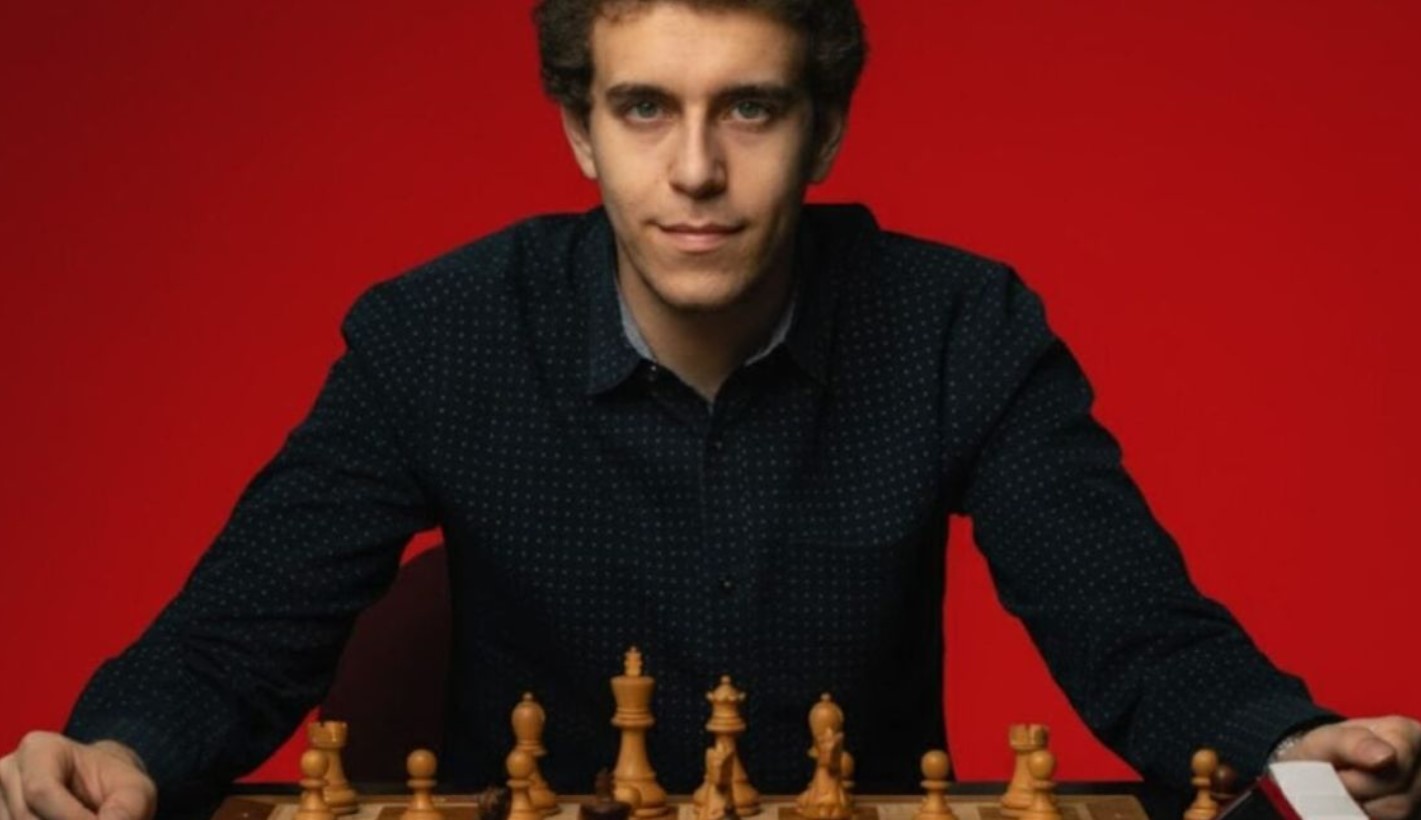The chess community is reeling after 29-year-old grandmaster Daniel Naroditsky passed away Monday, leaving a trail of grief and controversy. The California-born star, known for his online streaming and competitive play, had faced persistent cheating accusations from Russian former world champion Vladimir Kramnik, allegations that have now drawn international scrutiny.
International Chess Federation Reviews Kramnik’s Conduct
The International Chess Federation, or FIDE, confirmed Wednesday that it is reviewing Vladimir Kramnik’s public statements concerning Naroditsky. FIDE President Arkady Dvorkovich referred all relevant posts to the Ethics and Disciplinary Commission for investigation. Dvorkovich emphasized the body will take appropriate action if harassment or bullying is confirmed.
Kramnik, who held the world title from 2000 to 2007, repeatedly accused Naroditsky of cheating in online chess over the past year, particularly targeting the American grandmaster on social media without substantial evidence. FIDE’s anti-cheating rules require significant proof before launching investigations, and no official inquiry had been opened against Naroditsky.

Naroditsky’s Rise and the Toll of Allegations
Naroditsky became a grandmaster at 18, the highest title in chess aside from world champion, and quickly gained a following as a coach and streamer. He excelled in blitz and bullet formats, finishing among the world’s top 25 blitz players and winning the U.S. National Blitz Championship in August.
In his last livestream, Naroditsky spoke openly about the pressure from Kramnik’s allegations. “Ever since the Kramnik stuff, I feel like if I start doing well, people assume the worst of intentions,” he said, highlighting how the accusations affected his reputation and mental health. He noted that Kramnik was once a hero to him, making the attacks even more painful.
Backlash from the Chess Community
Several top players condemned Kramnik’s behavior, including five-time world champion Magnus Carlsen, who called it “appalling.” Grandmasters Hikaru Nakamura and Nihal Sarin also criticized Kramnik for harassment, noting the broader harm caused to Naroditsky’s career and well-being.
Kramnik has a history of controversial accusations. In 2023, Chess.com shut down his blog after he spread baseless allegations against multiple players. The following year, his “Cheating Tuesdays” posts, which named players like Czech grandmaster David Navara, drew public backlash. Navara later said the posts pushed him to consider suicide, a claim Kramnik dismissed as defamation.
The Shift to Online Chess and Rising Tensions
The surge of online chess during the COVID-19 pandemic created a fertile ground for such disputes. Players moved from physical boards to online platforms, where rapid games demand near-instantaneous moves. Cheating allegations have grown, and the community has struggled to police claims in this high-speed digital environment.
Experts note that in blitz and bullet games, top players’ moves can match computer precision. Naroditsky thrived in this environment, attracting millions of online viewers. However, the digital shift also amplified the reach of unverified accusations, fueling tension across the professional circuit.
FIDE’s Response and Memorial Plans
Dvorkovich acknowledged the chess world’s growing concern over harassment and personal attacks. “When this happens, discussions can turn into harassment, bullying, and personal attacks — a particularly serious concern in today’s environment,” he said. FIDE plans to establish a memorial prize in Naroditsky’s honor, aiming to celebrate his contributions to chess and online education.
Kramnik continued posting about Naroditsky on the day his death was announced, calling it a tragedy and suggesting the police investigate the cause. He also claimed to have received threats after revealing what he described as the “dark side” of modern chess.
The investigation into Kramnik’s statements and the broader issue of public harassment in chess is now underway, with the community awaiting the Ethics and Disciplinary Commission’s findings. This episode has sparked urgent discussions about online conduct, mental health, and the responsibilities of elite players in the digital age.
Naroditsky’s death leaves a void in the chess world, highlighting both the fragility of young talent under pressure and the responsibilities of veterans to foster respect over the board and online. What do you think about Kramnik’s conduct and FIDE’s response? Share this story with your friends and weigh in on the conversation.
































